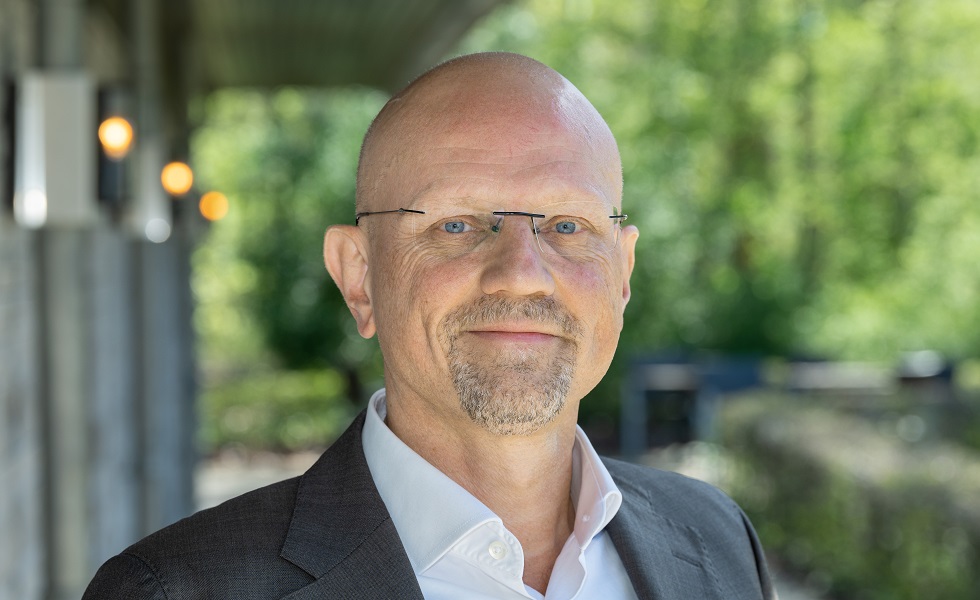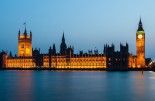Harry Geels: Who checks the definitions?
Harry Geels: Who checks the definitions?

This column was originally written in Dutch. This is an English translation.
By Harry Geels
Every day, we use big words as if their definitions were self-evident: capitalism, sustainability, freedom, left and right. But as soon as you dig a little deeper, it often turns out that we don't mean the same thing, resulting in polarisation.
Debates often break down due to confusion over terminology. Take the concept of “capitalism”. Markets are saturated with state intervention, regulation, excessive market power of monopolies and oligopolies, and monetary influence. This is no longer capitalism in its pure form. Yet we regularly hear that capitalism (and not the interventions of the authorities) is responsible for inequality and other social problems.
There is similar confusion about the concept of “freedom”. I experience freedom as minimal government control and taxation, while others experience it when the government controls markets, fact-checks, or defines terms. The same applies to sustainability. For me, it means not harming third parties (consumers and the planet), no lobbying for personal gain, no mega salaries at the top. For others, sustainability is synonymous with CO₂ reduction targets and specific inclusion ratios.
“Left” and “right” in politics are another example. I see these terms as dangerous simplifications of reality, but many people cling to them as if they were the only language in which politics can exist. “Democracy” is another such catch-all term. For some, it means popular sovereignty, for example through referendums and elected mayors. For others, it mainly concerns outsourcing decision-making to politics and bureaucratic processes (through elections).
Recent examples
That this is not just a theoretical issue becomes clear when we look at recent history.
- The financial crisis (2008): was it a failure of capitalism or of state intervention? Banks claimed that they were letting the market do its work, when in reality they could count on massive state support. The public debate became bogged down in definitions: some spoke of market failure, others of state failure. The result: no clear judgement, but a semantic stalemate.
- Sustainability in business: for many companies, sustainability mainly means a green logo and CO₂ neutrality in their annual report. For others, it also means treating customers, employees and rewards with respect. Because the definition is vague, companies have been able to engage in greenwashing for years. The word “sustainable” became meaningless and public confidence crumbled.
- Freedom during the coronavirus pandemic: the government said, “We maintain freedom by following rules, because that protects public health.” For opponents, those same rules meant a restriction of freedom. Both groups used the same word, but with completely different meanings. The result: polarisation, mistrust and social divisions that are still palpable today.
Historical lessons
History also shows us how disputes over definitions can have disastrous consequences.
- The French Revolution (1789): the people demanded liberty, equality and fraternity. But what did liberty mean? For the Jacobins, it meant political equality and the abolition of privileges, while for the royalists it meant the protection of tradition and religion. The struggle over definitions culminated in the Reign of Terror: thousands were beheaded, including revolutionaries who had a slightly different interpretation.
- Communism in the 20th century: Marx spoke of a classless society. But Lenin, Stalin and Mao interpreted “dictatorship of the proletariat” differently: as a centralised regime that spoke on behalf of the people. In the name of an ideal whose definition was constantly being adapted by those in power, millions fell victim to starvation, purges and camps.
- “Lebensraum” in Nazi Germany: according to Hitler, the German people had a right to Lebensraum (living space). Superficially, this sounded almost neutral. But this definition legitimised conquest, oppression and genocide. A word became a weapon that completely distorted reality.
Philosophical perspectives
Whoever determines the definition controls the debate. George Orwell already pointed this out to us. In Politics and the English Language, he explains that vague, inflated or misleading language becomes an instrument of political manipulation. Ludwig Wittgenstein showed that concepts often have no hard core, but a range of meanings depending on the profession or situation (“language games”). And so it happens that people do not really fight each other. They fight their own definition, not the other person's arguments.
Language as a means of power
Words are never neutral. Sometimes there is equivocation: a concept shifts in meaning without anyone noticing. More often, however, parties claim their own definition, the so-called “persuasive definition fallacy”. This shifts the battle from arguments to words. Whoever determines the definition of freedom, capitalism or sustainability controls the debate and even political reality. Those who shout their own definitions the loudest and most convincingly can seize power.
A way out?
How can we get out of this without a cockfight? Let's cultivate a simple habit: first ask what the other person means exactly by the word they are using. This will prevent you from fighting your own definition. The discussion should be about arguments. Don't stubbornly impose your own definitions on others either. That almost always backfires. Perhaps fluid concepts are inevitable. As long as we don't question each other's definitions, we are gradually giving up our “freedom”.
Namely, the freedom to truly understand what the other person means.
This article contains the personal opinion of Harry Geels









